Speeding vs. Reckless Driving: Why the Difference Matters
When it comes to traffic violations, speeding and reckless driving are two terms that often get used interchangeably, yet they are fundamentally different. Understanding the difference between the two can not only help drivers stay safer on the road but also reduce potential legal and financial consequences. In this blog post, we will explore what differentiates speeding from reckless driving and why recognizing this distinction is crucial for all who share the road. A clear understanding can also help drivers know when to seek legal help from a criminal lawyer if their offense crosses into serious territory.
1. Understanding Speeding Violations
Speeding is perhaps the most ubiquitous of all traffic violations, and for many drivers, it becomes a routine part of their daily commute. According to The Zebra, an online insurance resource, speeding is one of the most common driving violations, with 41 million drivers receiving speeding tickets each year. Speeding typically involves driving over the posted speed limit, and while it is frequently attributed to widespread time pressures and the modern pace of life, it is essential to understand its ramifications. Even marginally exceeding speed limits can significantly extend stopping distances and reduce reaction times, putting drivers and others at an increased risk of accidents.
2. Identifying Reckless Driving Behavior
On the other hand, reckless driving is typically characterized by a broader spectrum of dangerous behaviors. Defined legally as operating a vehicle with a willful or wanton disregard for the safety of persons or property, reckless driving extends beyond mere speed considerations. It includes aggressive maneuvers such as tailgating, weaving through traffic, and ignoring traffic signals. Reckless driving not only increases the risk of accidents but is also more likely to be perceived as intentional, meaning offenders could face more severe penalties compared to speeding cases. In some jurisdictions, reckless driving may automatically trigger criminal charges, leading individuals to consult a criminal lawyer to defend their rights and minimize penalties.
3. Exploring Legal Consequences
Speeding is generally considered a minor offense, although excessive speeding can escalate this to a more serious charge. Fines, insurance premium increases, and points on a driver's license are common consequences for speeding. In contrast, reckless driving is usually classified as a misdemeanor or even a felony, depending on the jurisdiction and circumstances, which could lead to steeper fines, jail time, and long-term license suspension. The legal distinctions between these violations underscore the importance of mindful driving habits for both individual drivers and the broader community. Anyone facing a reckless driving charge should consider hiring a criminal lawyer to help them understand local laws and build a defense strategy.
4. Evaluating Insurance and Driving Record Impact
The distinction between speeding and reckless driving also matters from an insurance standpoint. Insurance companies assess risks based on driving records, and each infraction carries its weight. While a single speeding ticket might result in a moderate premium increase, reckless driving convictions can signal a high-risk driver, leading to more expensive premiums or potentially the denial of coverage. Even if a driver avoids criminal penalties, the long-term financial impact can be significant. A criminal lawyer can provide guidance on how to handle charges in a way that may lessen insurance repercussions and protect a driver’s record over time.
5. Promoting Driver Education and Road Safety
Moreover, understanding the difference between speeding and reckless driving can contribute to a more conscientious driving culture. Education and awareness are key components in fostering safer roads. Public safety campaigns usually emphasize the lethal consequences of speeding and reckless driving, but often, the nuanced differences that lead to these outcomes are not as prominently discussed. Encouraging a deeper understanding and responsible attitude toward these infractions can help mitigate their occurrence, benefiting all road users.
By recognizing and respecting these differences, drivers can be more conscientious behind the wheel, contributing to safer roadways for everyone. This awareness not only aids in preventing infractions but also aligns with a broader effort to reduce traffic-related incidents, thereby saving lives and promoting a culture of mindful driving. If you're facing charges for a traffic violation and aren't sure how to proceed, speaking with a criminal lawyer can give you the clarity and support you need. Contact our team at Law Offices of Jason Pollack, Esq today to get connected with our services.

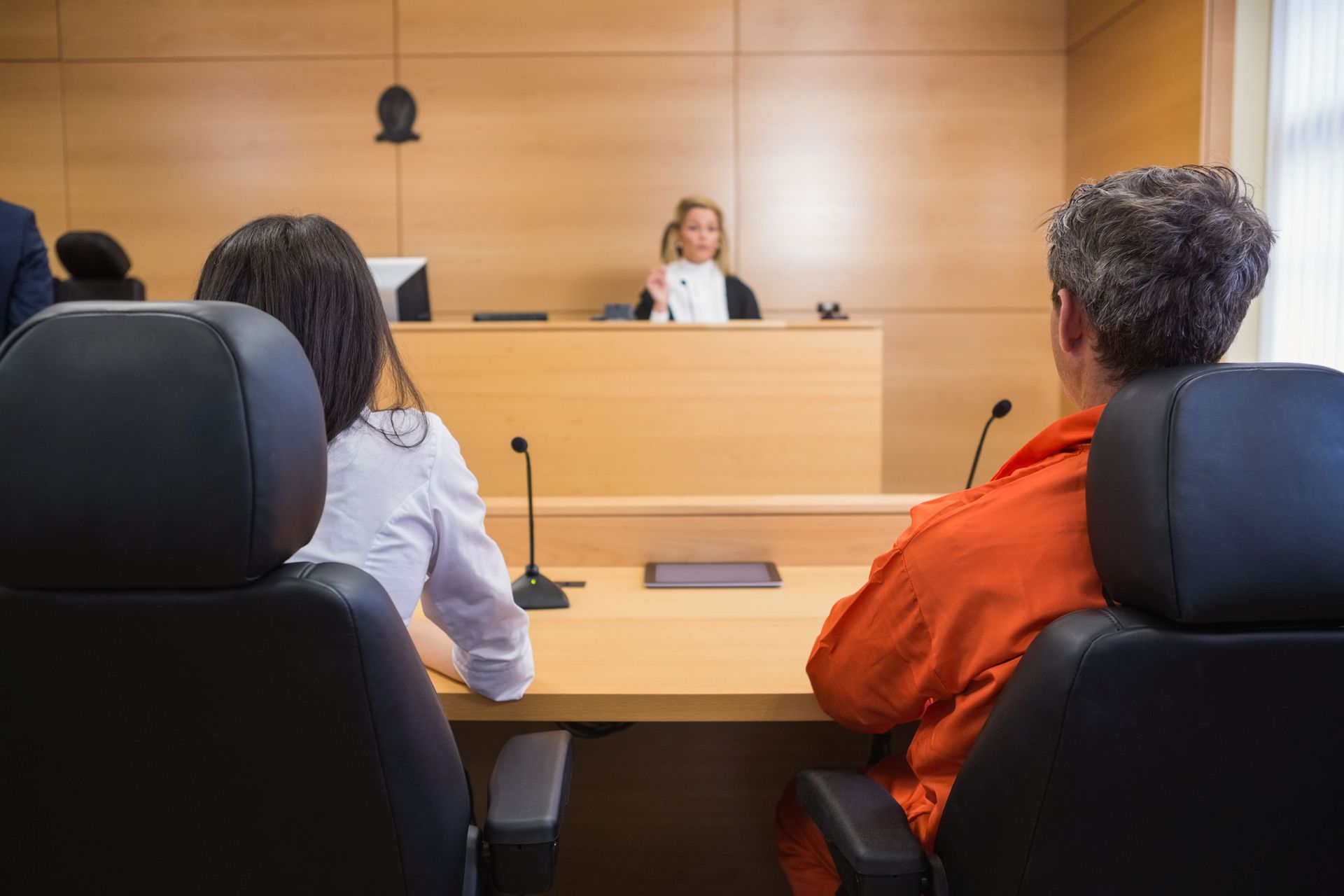
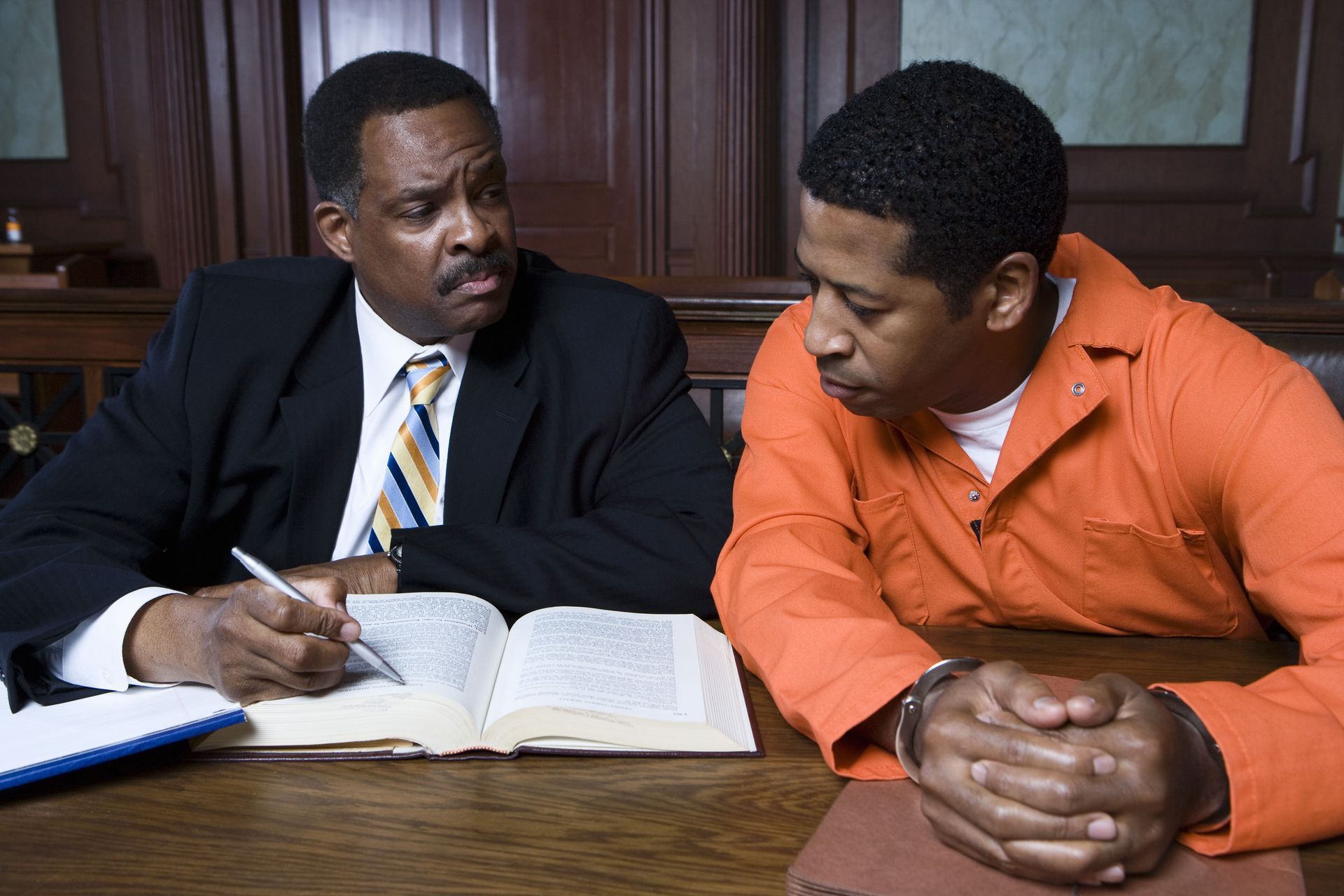

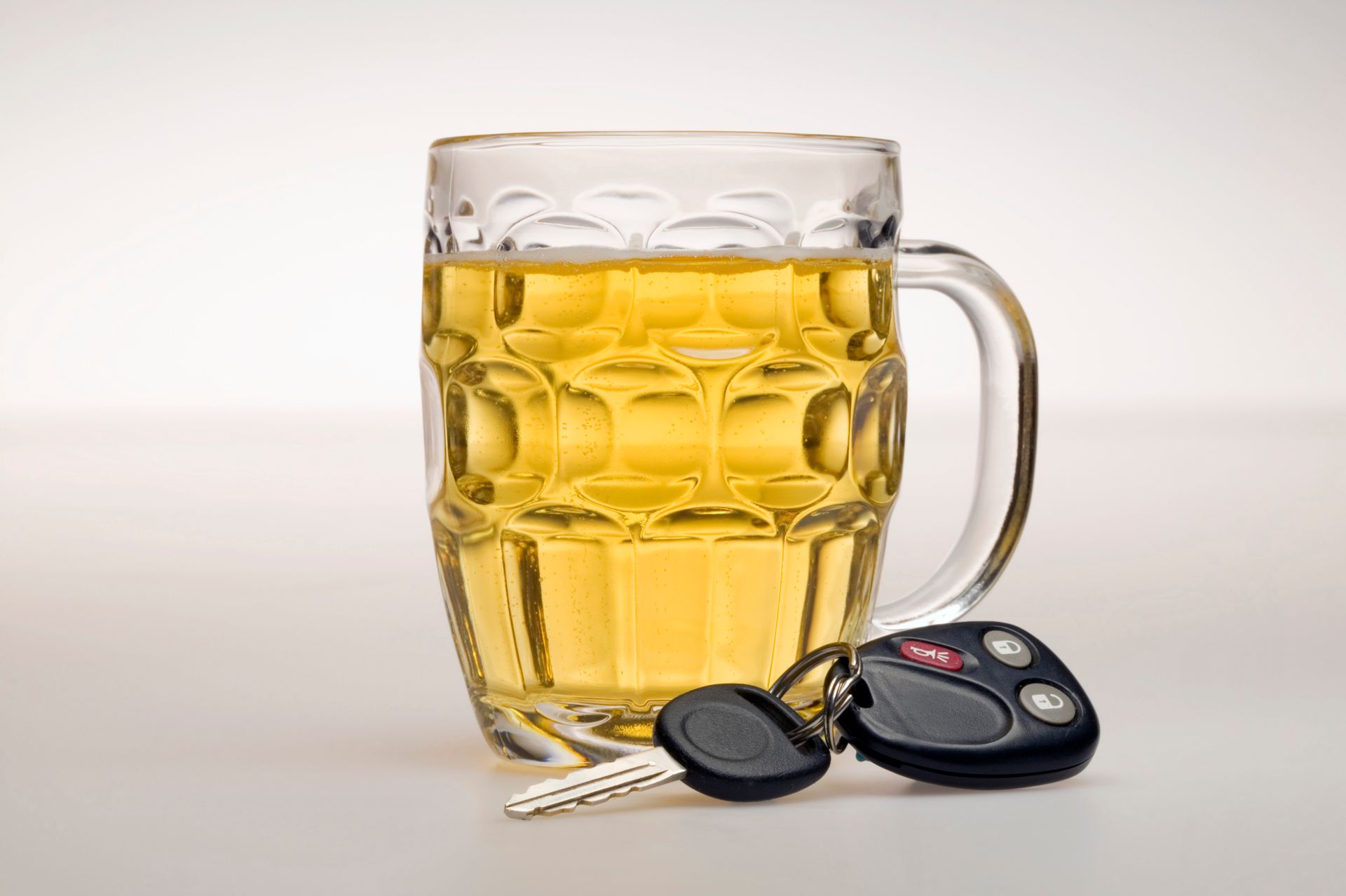

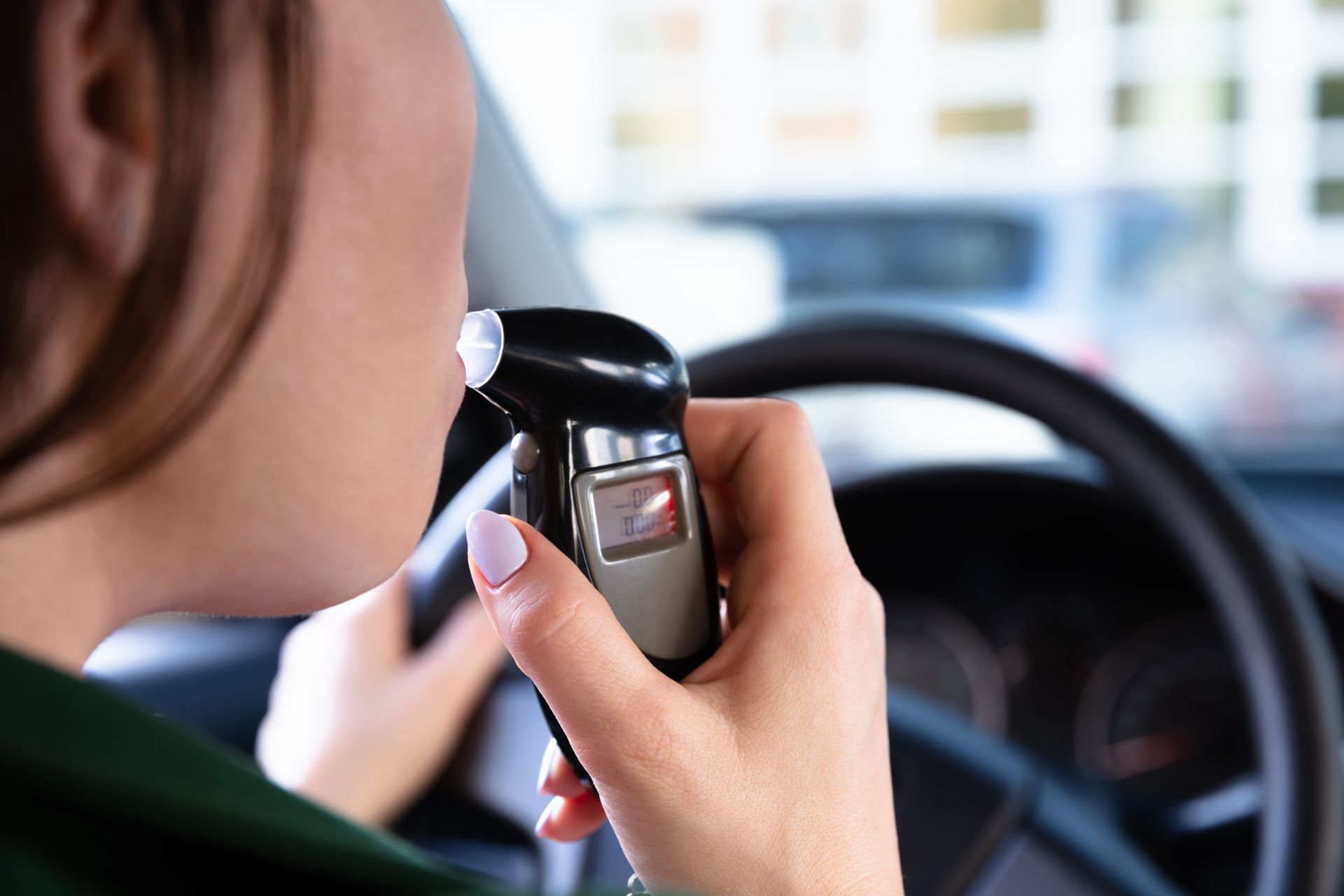

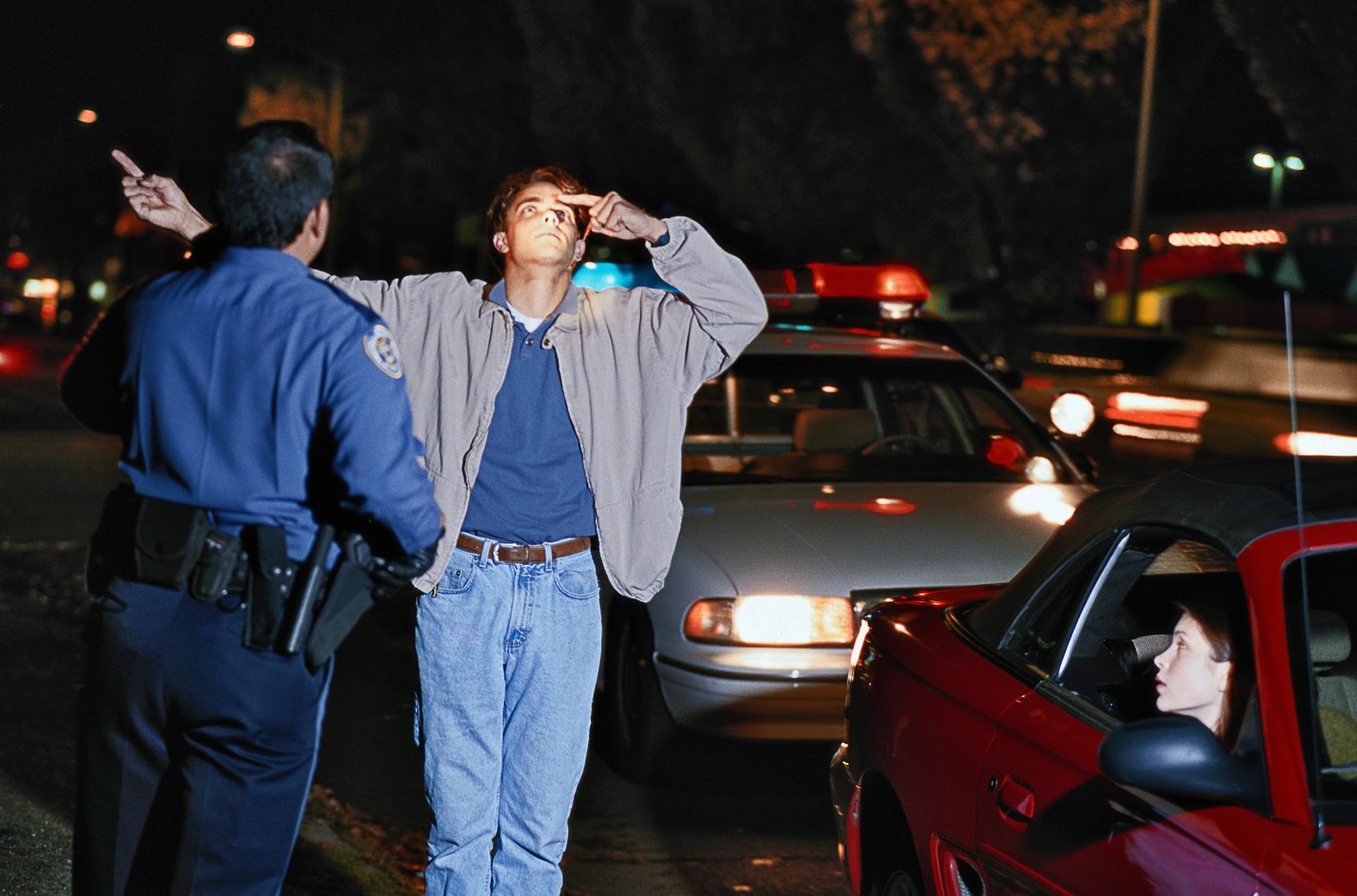




Share On: